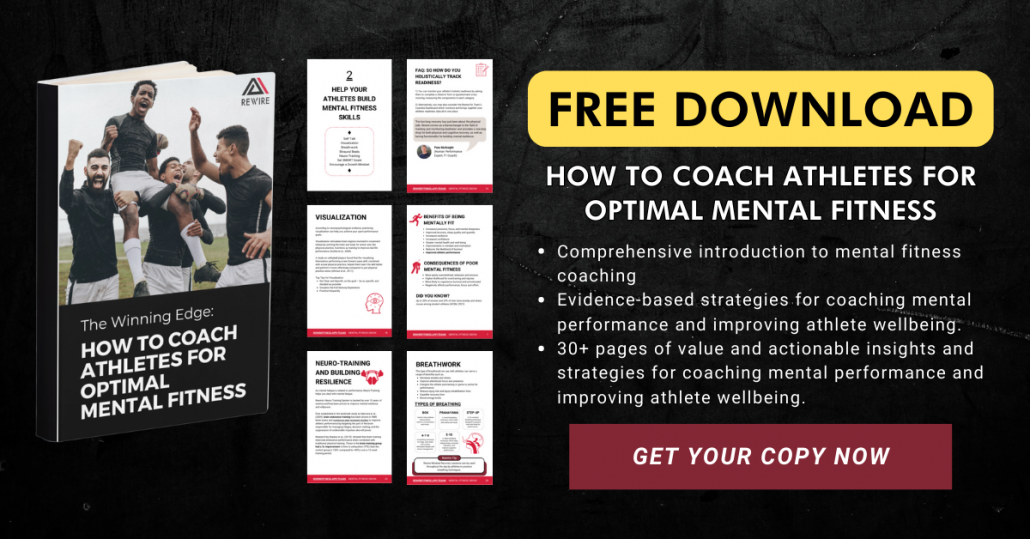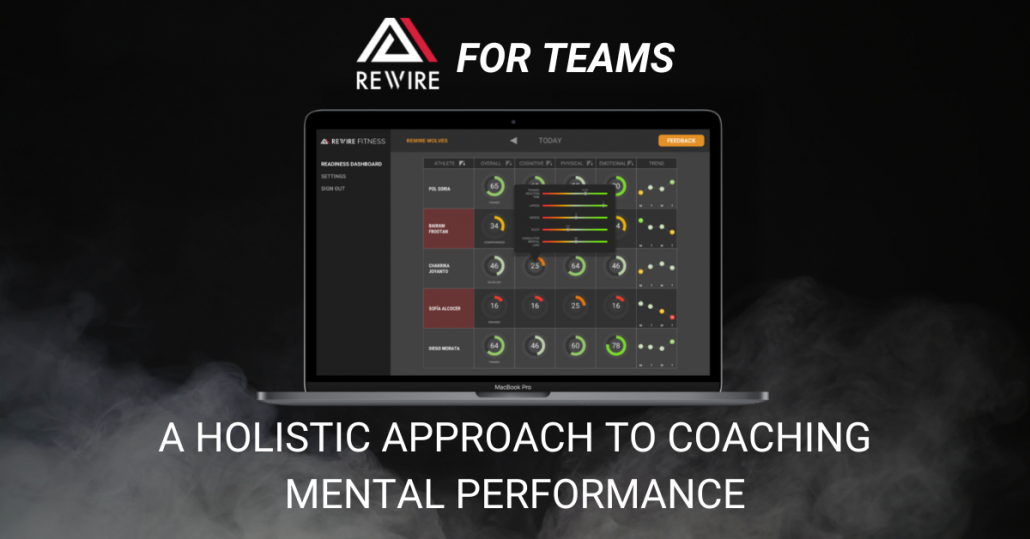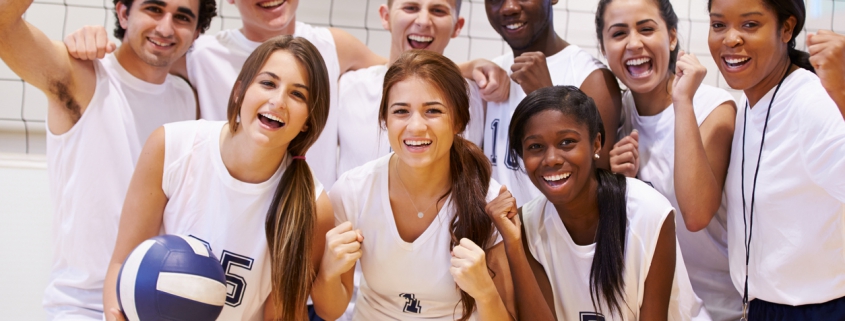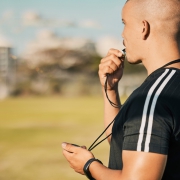What Makes a Good Youth Sports Coach
We’ve all heard stories about youth sports coaches, both good and bad. There’s the coach who makes training exciting and a fun place to be, and then there’s the coach who yells at the kids, almost as if they enrolled into boot camp.
If you’re a youth sports coach, there are certain qualities that parents look for and that kids need in a coach and mentor.
This blog post will highlight what makes a good youth sports coach — it’s both a guide for coaches (what to do and what not to do), and for parents to help them find the right coach for their kids.
What are the qualities of a good coach in youth sports?
Good sports coaches often share similar qualities — they leave behind patterns.
Youth coaches typically have many of the following coaching behaviours:
- They make training fun
- Winning is not the priority
- They teach good sportsmanship
- The coach does not play favourites
- They are patient
- Good youth sport coaches have a positive can-do attitude
- Let all kids get involved
- Teaches basic skills
- Knows how to effectively communicate with the kids
- Provides equal playing time and opportunities

They make training fun
Good sports coaches know how to make training fun (and why it’s important).
We’ve all seen or heard the screaming coach — it’s not a good look, and it’s the wrong approach to coaching (especially when coaching young kids).
Training should be fun and may include friendly competition.
For example, there’s the classic warm up of stuck in the mud, tag, and other fun games.
If you’re in the pool, you might play a game such as attack of the killer bees (tag with pool noodles). Although, no contact with the face or head is allowed.
Or maybe if you’re playing football, you’ll finish the session with a quick round of crossbar challenge, involving all players and keeping things fun and competitive.
Winning is not the priority
Winning should not be a priority of a youth coach.
Yes, it may feel good. And the team may enjoy it. But the priority should be to have fun.
Young athletes who enjoy training are more likely to stick with it, whether that’s for months or years.
Furthermore, not winning actually teaches many life lessons and skills, especially if you experience these from a young age.
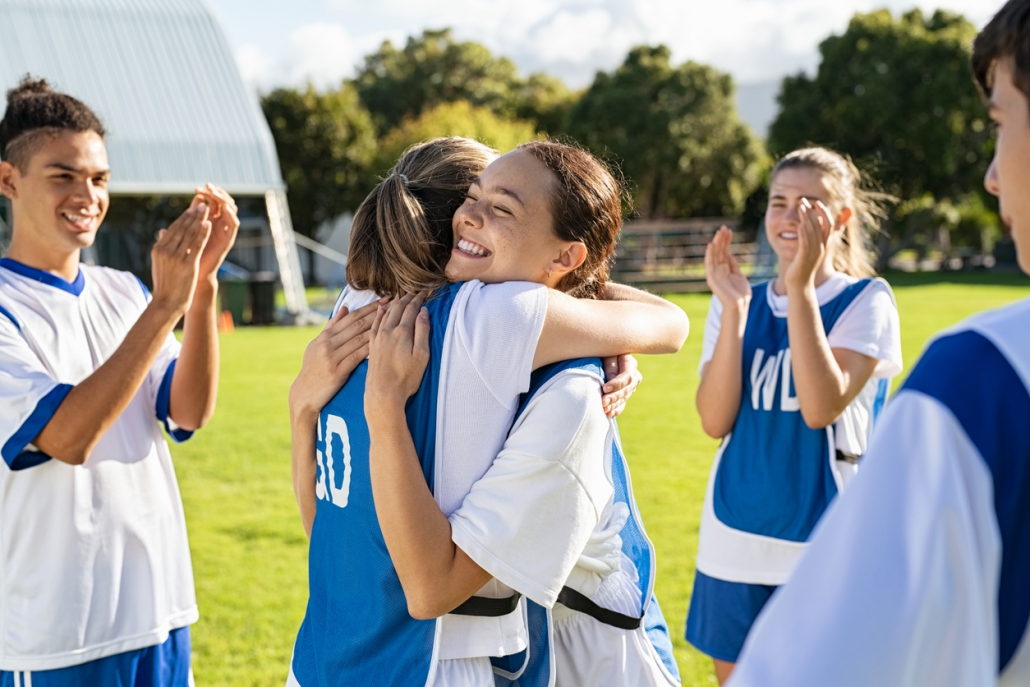
They teach good sportsmanship
Good sportsmanship should be taught from an early age. It not only teaches respect in the world of sport, but in life.
At the end of a session, youth coaches might ask their athletes to high-five each other.
At the end of a game, players should handshake their opponents.
Good youth sports coaches recognise the opportunity to teach proper sportsmanship and respect, and include these behaviours where possible and appropriate.
The coach does not play favourites
The same can be said for any coach, whether in youth sports, high school, or at the elite level.
A good coach should never have favourites.
Yes, they might have one or two star athletes (this is normal), but during training, they should provide their attention to all athletes. Not one, two, or a select group.
Prioritising certain children and athletes over others should be an instant red flag.
Related: What qualities make a great sports coach?
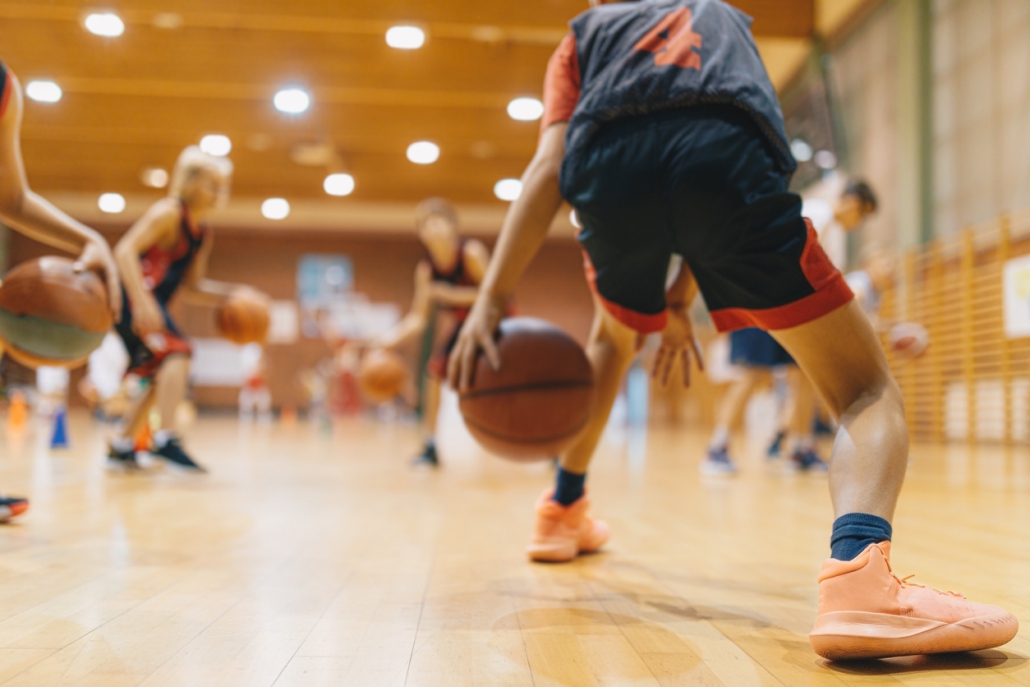
They are patient
At the end of the day, kids are kids.
They’ll talk over one another, they might not listen the first time, and you’ll have to repeat things over and over.
A good sports coach at the youth level needs to be very patient.
That means not shouting when they don’t listen, and being willing to go the extra mile to explain concepts to kids who might be struggling to grasp them on the first try. It’s part of the learning process and part of developing new skills.
This patience and dedication go a long way — you’ll see first-hand how much of a profound effect you can have on young athletes.
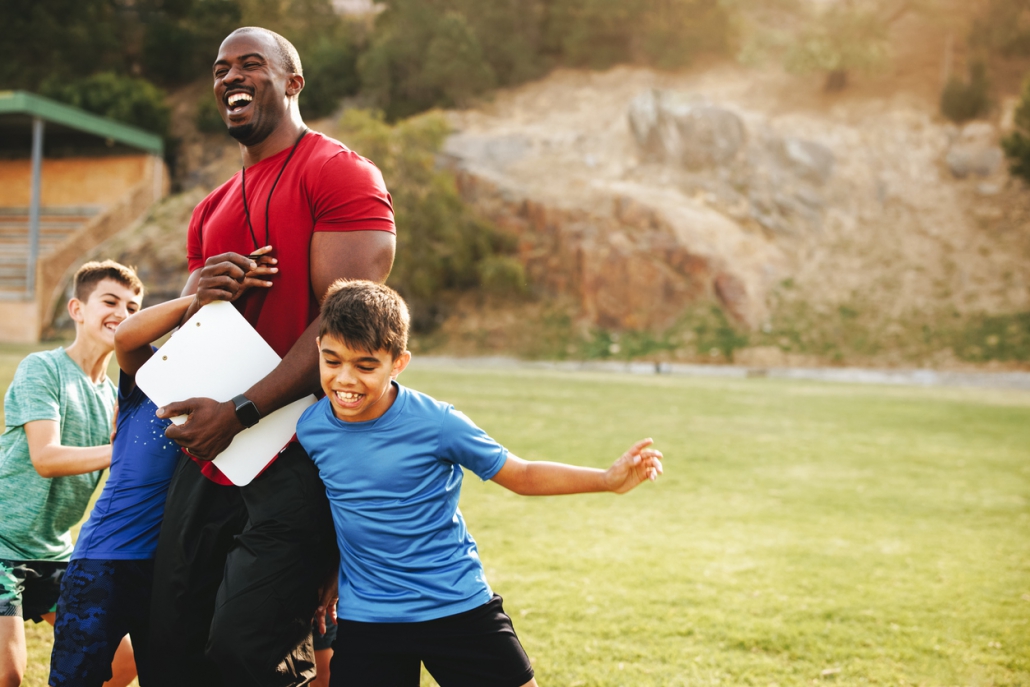
Good youth sports coaches have a positive can-do attitude
At some point or another, we’ve all had (or seen) a coach who had a positive attitude — they were enthusiastic and pushed us to achieve more than we thought was possible.
A youth sports coach with a positive attitude is highly underrated. They motivate kids to attend practice, push themselves, and face many challenges.
They are also typically great at providing positive reinforcement and building self confidence in kids.
Related: What is the Most Effective Way to Provide Feedback to an Athlete?
Training instantly becomes more fun and enjoyable, and kids are equally as excited to attend the training session.
Compare this to a coach who shouts and screams at their athletes, and you’ll see first-hand how powerful that can-do attitude is.
Enthusiasm is infectious — look for this quality in a youth sports coach.
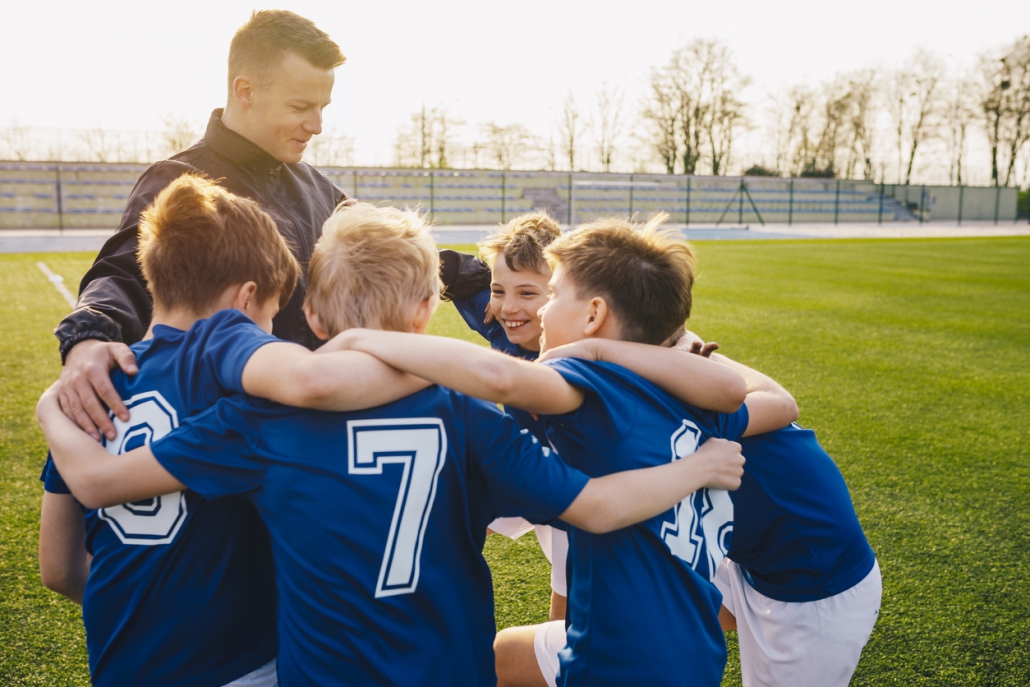
Let all kids get involved
A great coach lets all kids get involved, not just one individual player.
Excluding any kid or athlete is a sign of a bad coach.
Youth coaching (and any coaching) is about inclusivity.
Excluding any kid is not only harmful in the moment (they may feel left out, upset, etc.), but you might stop them from playing sports later in life.
Sports exclusion is one of the worst things you can do — it’s not a good coaching behaviour. Avoid this at all costs, especially in youth.
Related: 5 Qualities of a Bad Coach (And How to Avoid Them).
Teaches basic skills
A good youth sports coach focuses on the development of young kids (that includes teaching basic skills).
Often, these skills will be naturally built into training sessions and school PE classes.
For example, life skills such as teamwork, good communication, sportsmanship, and even fundamental physical skills (balance, jumping, running, hopping, etc.) are commonly taught.
These are easy to implement (but very important), and kids usually don’t even realise what lessons and skills they’re being taught until later in life.
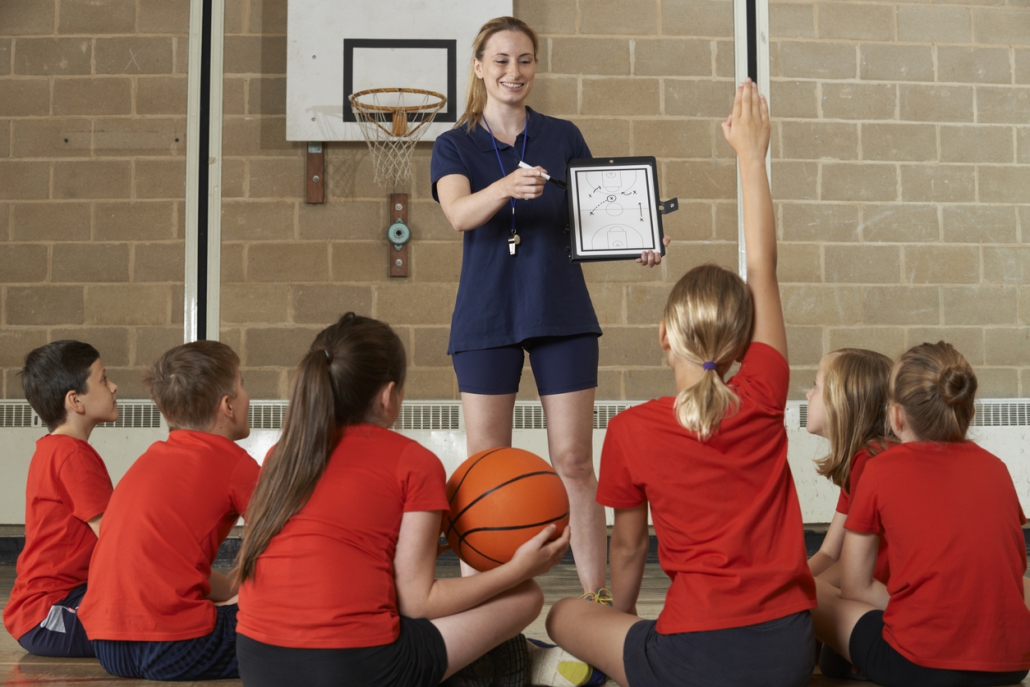
Knows how to effectively communicate with the kids
While all coaches need to be effective communicators (it’s an integral part of coaching), it’s especially important when coaching young athletes and kids.
Young people have shorter spans of attention. They are more likely to become distracted. And you might need to explain a concept multiple times (visual and auditory) for them to get it.
Good coaches know this and are extremely patient with the kids. They have great communication skills and use these in (and out of) practice to get the most out of young athletes.
Provides equal playing time and opportunities
And finally, youth sports coaches should provide equal playing time and opportunities for all their athletes.
During training, that means everybody gets time on the ball, has equal opportunities to shoot hoops, and nobody is excluded in a game of tag.
Good youth coaches know how to involve all kids in a fun and engaging way — training becomes exciting, and kids look forward to their next session.
Which, as you can imagine, has many positive rebound effects.
